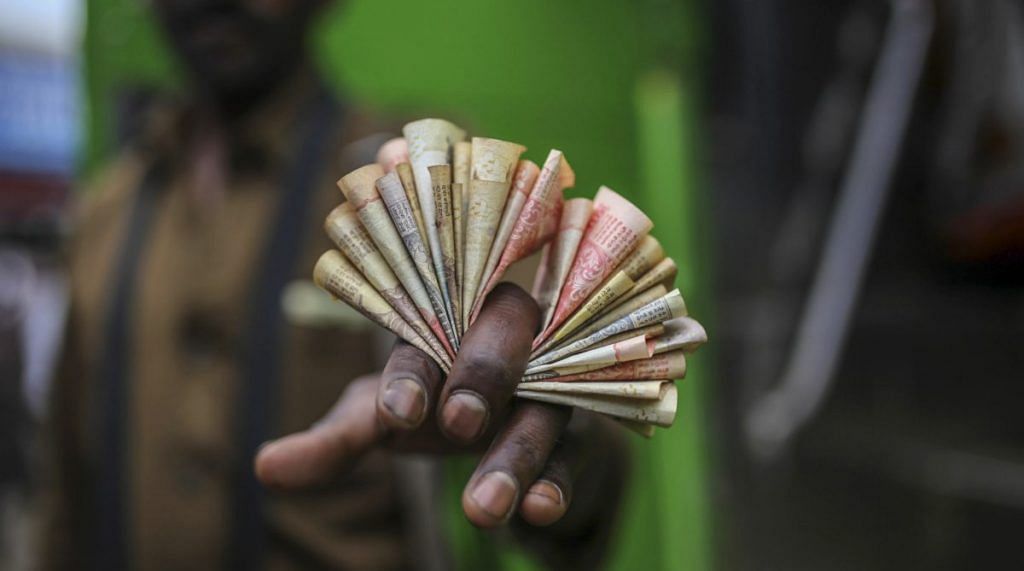Mumbai: London has overtaken India’s financial capital Mumbai to become the top center for trading the nation’s currency. That’s adding to a sense of urgency among local authorities to deepen the onshore market.
Average daily volumes for rupee in the U.K. soared to $46.8 billion in April, a more than fivefold jump from $8.8 billion in 2016, according to the latest survey from the Bank for International Settlements released this week. That exceeded the $34.5 billion recorded in India.
Trading in dollar-rupee offshore non-deliverable forwards increased threefold over the three-year period, the BIS report showed. Alive to the growing size of the offshore rupee market, India’s government and the central bank have been looking at ways to improve access for overseas investors and offer them more products to ramp up volumes at home.
“The sharp increase in offshore FX market activity re-establishes that it could amplify currency volatility in the domestic currency and also reduce the effectiveness of policy steps taken to limit volatility during times of stress,” said Madhavi Arora, an economist at Edelweiss Securities Ltd.
Rupee trading — including spot, outright forwards, foreign-exchange swaps, and other products — also jumped in Singapore, Hong Kong and the United States over the three-year period, according to BIS.
A panel appointed by the Reserve Bank of India last month proposed extending onshore currency trading hours, allowing banks to offer pricing to non-residents at all times and allow trading of non-deliverable forwards in the rupee among steps to deepen trading onshore.
Data released by the BIS “now makes an even more compelling case for policy makers to focus on increasing the wallet share of the onshore market,” said Arora. – Bloomberg
Also read: Mega mergers fail to lure investors to public sector bank stocks
